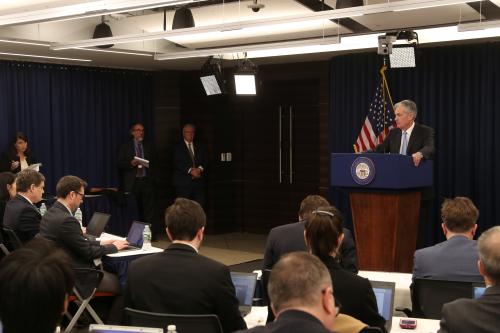Abstract
This paper examines the role of complexity, evasion, and administration in tax reform. We describe the features of tax systems that generate complexity and evasion and explore why, even though almost everyone agrees that taxes should be simple and perfectly enforced, no tax system appears to meet those standards. We describe structural and administrative changes that could significantly simplify the existing system. We show that a national retail sales tax would prove difficult, if not impossible, to administer because of high rates, tax evasion, and political pressure to exempt certain goods. The flat tax would be administrable, but would likely become
significantly more complex than proposed due to political pressure to restore popular tax subsidies and reduce tax avoidance. Although it commands widespread support and is
technically feasible, substantial tax simplification will prove difficult to achieve in the existing system or a new one.




